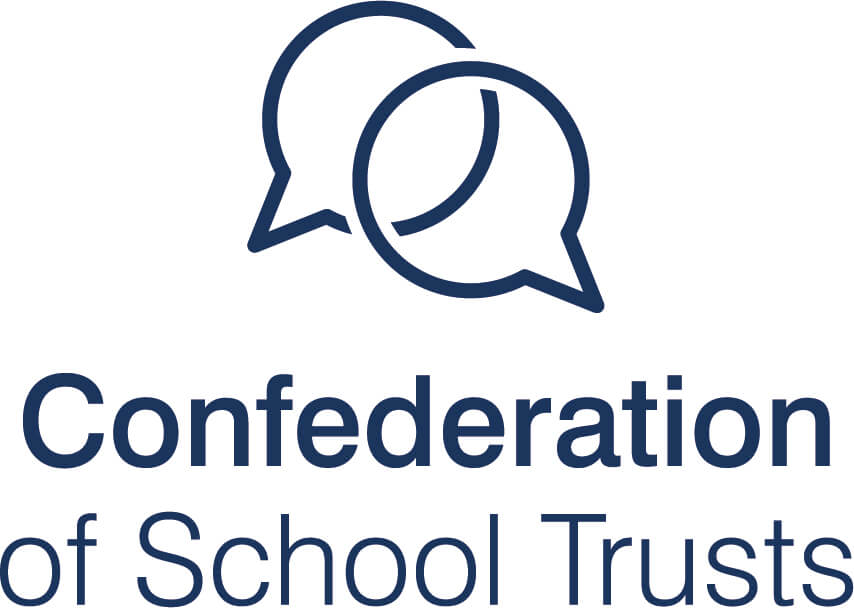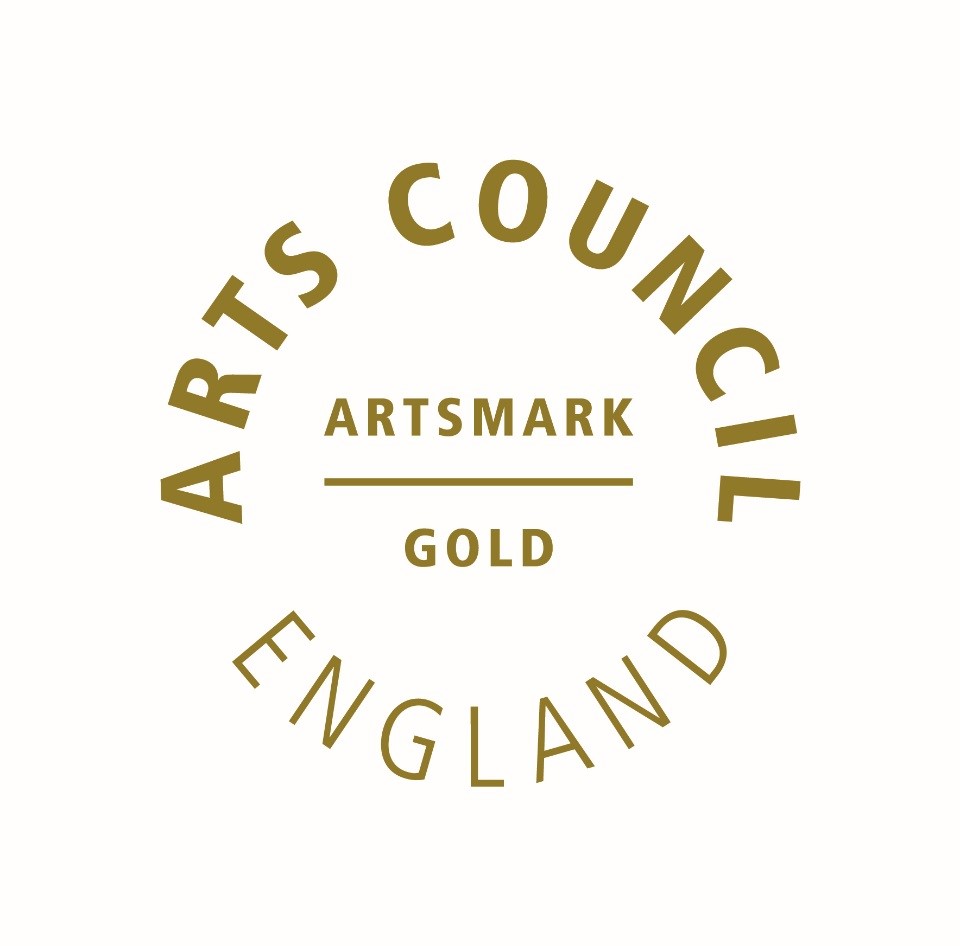Computing
The intent of our Computing curriculum in Zetland is to equip our children to safely use computational thinking skills, digital literacy knowledge and creativity to understand and change the world.
Computing allows our children to develop skills in finding, exploring, sharing and presenting information. These skills support our children to problem-solve, investigate and express themselves in a variety of ways, using a variety of forms. We promote the safe use of the internet at the core of our Computing curriculum coverage. Our whole school approach to e-safety helps ensure that we are able to teach children about staying safe when using internet technologies. It also helps make sure pupils themselves know how to behave responsibly online.
Through the teaching of Computing, we prepare children at Zetland for participation in a rapidly changing world where work and leisure activities are increasingly transformed by technology. This is further enhanced by the range of equipment that can be used. We understand that what we are teaching in computing and the tools we use to deliver this at the start of their school career are not likely to be the same as those used when they leave Y6.
Whilst taught as a stand-alone subject, Computing is also valued as a teaching and learning tool across the curriculum. It significantly enhances teaching and learning in all subjects by enabling rapid access to knowledge, information and experiences from a wide range of sources. We endeavour to teach pupils to be selective in their choice of information sources and to understand that not everything on the internet is valid. We are committed to keeping children safe on line and in supporting parents/carers to understand their responsibilities in this area through sharing information eg. leaflets and through presentations. The curriculum has been designed to be progressive and engaging for all year groups.
How do we teach Computing at Zetland?
At Zetland, computing is taught using a blocked curriculum approach. This ensures children are able to develop depth in their knowledge and skills over the duration of each of their computing topics. Teachers use the Purple Mash scheme, as a starting point for the planning of their computing lessons, which are often richly linked to engaging contexts in other subjects and topics. Knowledge and skills are mapped across each topic and year group to ensure systematic progression. We have a small computing suite and two class sets of IPads to ensure that all year groups have the opportunity to use a range of devices and programs for many purposes across the wider curriculum, as well as in discrete computing lessons. Employing cross-curricular links motivates pupils and supports them to make connections and remember the steps they have been taught.
The implementation of the curriculum also ensures a balanced coverage of computer science, information technology and digital literacy. The children will have experiences of all three strands in each year group, but the subject knowledge imparted becomes increasingly specific and in depth, with more complex skills being taught, thus ensuring that learning is built upon. For example, children in Key Stage 1 learn what algorithms are, which leads them to the design stage of programming in Key Stage 2, where they design, write and debug programs, explaining the thinking behind their algorithms.
Impact of teaching Computing at Zetland
We encourage our children to enjoy and value the curriculum we deliver. We will constantly ask the WHY behind their learning and not just the HOW. We want learners to discuss, reflect and appreciate the impact computing has on their learning, development and well-being. Finding the right balance with technology is key to an effective education and a healthy life-style. We feel the way we implement computing helps children realise the need for the right balance and one they can continue to build on in their next stage of education and beyond. We encourage regular discussions between staff and pupils to best embed and understand this. The way pupils showcase, share, celebrate and publish their work will best show the impact of our curriculum. We also look for evidence through reviewing pupil’s knowledge and skills digitally through tools like Purple Mash and Seesaw and observing learning regularly. Progress of our computing curriculum is demonstrated through outcomes and the record of coverage in the process of achieving these outcomes.










